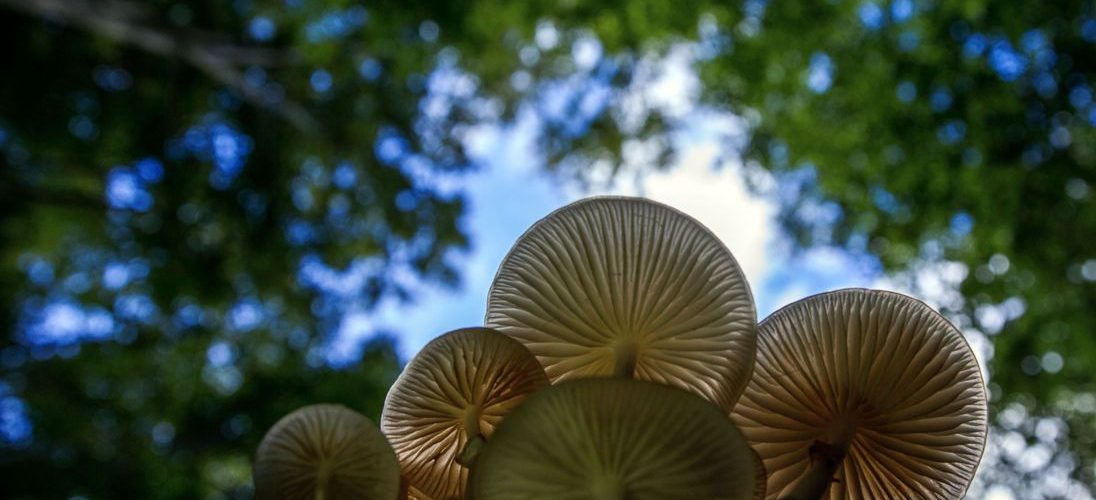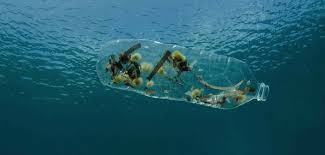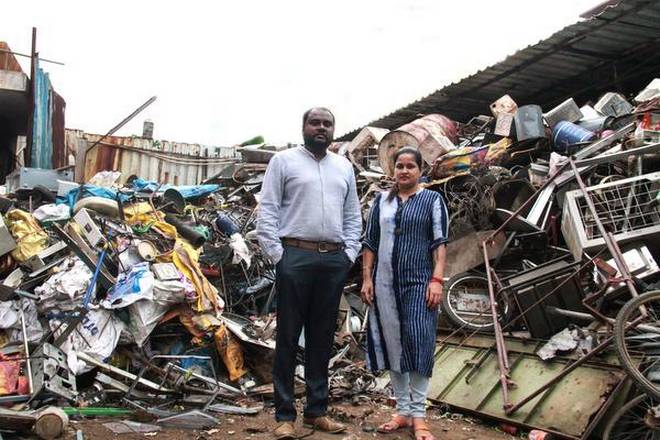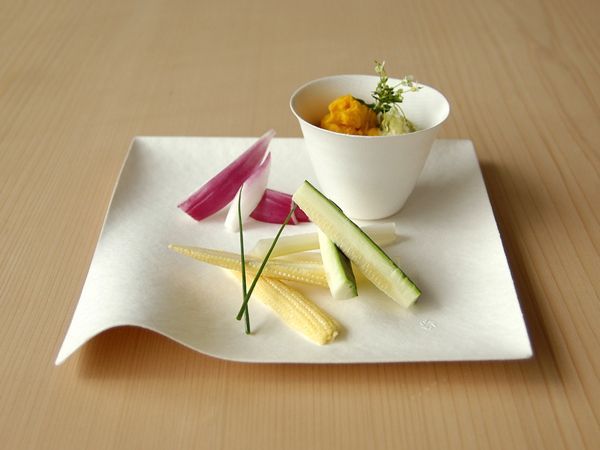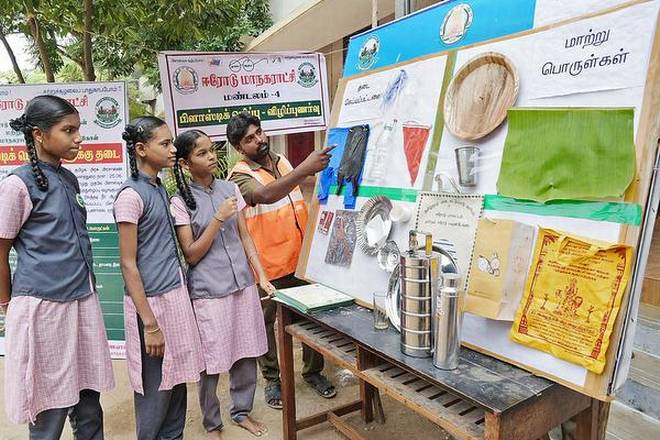Unilever’s chief R&D officer David Blanchard has outlined the company’s three-pillar approach to improving the recyclability of its product packaging, focusing on “less”, “better” and “no plastics” solutions. Unilever has committed to increasing the recycled plastic content in its packaging to at least 25% by 2025 In January 2017, corporate behemoth Unilever unveiled a new commitment to ensuring that all of its plastic packaging is fully reusable, recyclable or compostable by 2025. The commitment was built on a recognition that the global
A fungus that can “eat” plastic in weeks rather than years could help fight the growing plastic waste problem, according to a report by Kew Gardens. It can take decades or sometimes hundreds of years for some plastics to properly degrade. But a study on a waste site in Islamabad, Pakistan, isolated a fungus in the soil that quickly broke down chemical bonds. It took just two months for the fungi – Aspergillus tubingensis – to biodegrade a type of plastic called polyester
An ambitious project to clean up the ocean’s plastic pollution got underway over the weekend as members of The Ocean Cleanup project began towing their system out to sea. If it works as expected, they’ll try to take a bite out of the Great Pacific Garbage Patch — a huge collection of floating trash that’s three times the size of France, or about double the size of Texas. The Ocean Cleanup System 001 consists of a 2,000 foot (600
The fact that plastic is harming the environment is no secret. While steps are being taken to reduce the usage of plastic, it is already present in every aspect of our lives – even salt. According to a recent study by a team of the Indian Institute of Technology-Bombay, the presence of microplastics has been detected in some table salt brands in the country. These microplastics are really tiny particles of plastic, that are less than 5 mm in diameter. A
Marks and Spencer (M&S) will start phasing out plastic cutlery across its in-store cafés next month in a move it claims will remove 75 million pieces of plastic from its waste stream annually. M&S currently hands out 75 million pieces of plastic cutlery in its cafe’s each year The phase-out will begin 1 September, with M&S set to replace plastic knives, forks and spoons with wooden alternatives. It builds on plans to replace plastic straws with biodegradable paper alternatives in cafes. Once the
Boyan Slat is a 23-year-old Dutch inventor, and founder of the highly ambitious Ocean Cleanup project. And in a little over a week, the group will embark on a complex plan to reduce the size of the Great Pacific Garbage Patch by half within the next five years. The initiative has been a long time coming, having first been started by Slat in 2013 at the tender age of 18. Five years later, having raised over $31 million for the project,
We are witnessing a Golden Age of travel, with more and more people realising .. the importance of maintaining a healthy work life balance. India ranked seventh in the world in terms of travel and tourism’s total contribution to GDP in 2017. In CY2017, foreign tourist arrival in India stood at 10.177 million and reached 2.12 million in CY 2018 (up to February), making the country earn foreign exchange of around US$ 2.706 billion, from the tourism sector. This in turn sets the
For his latest venture, entrepreneur Sivaraj Muthuraman has found a better use for the plastic waste that usually makes its way into landfills Sivaraj Muthuraman made headlines a couple of years ago, when he designed and developed the concept of an eco-friendly three-seater cab which runs on solar power. The project did not take off on a larger scale, due to various reasons. He then established Tea2Go, employing teapreneurs who sell tea on bicycles, and more recently, he launched Veg2Go, an
TOKYO — The Ministry of the Environment will include some 5 billion yen in its fiscal 2019 budget request to commission the development of biodegradable plastic products and subsidize companies producing paper alternatives to plastic items in a bid to reduce marine plastic waste, according to ministry officials. Biodegradable plastics are made from plants such as corn or sugarcane and can be broken down by microorganisms in soil. The material was first developed in the 1980s and is used in wrapping
With the State Government banning use of plastics from January 1, 2019, an awareness campaign “Plastic pollution-free Tamil Nadu” was initiated here on Saturday in which people were encouraged to use alternative products for plastic materials. At a function held at Corporation Girls Higher Secondary School at Karungalpalayam, Minister for School Education K.A. Sengottaiyan, Minister for Electricity P. Thangamani, and Minister for Environment K.C. Karuppannan inaugurated the campaign. Mr. Karuppannan said that the public access the portal, http://www.plasticpollution freetn.org/ explained the single-use



